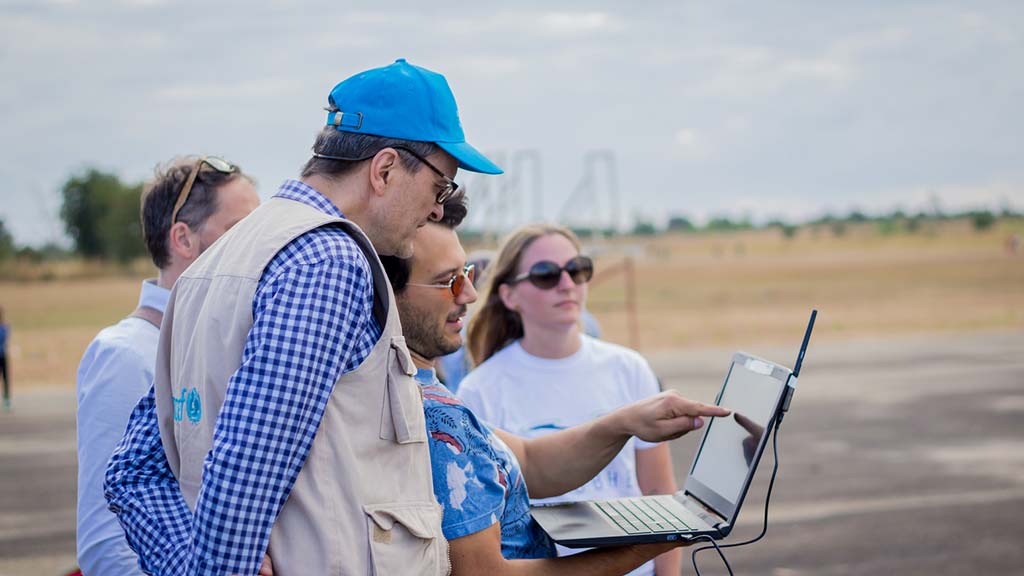Introduction
The goal of this internal strategy is to define how the United Nations system will support the use of new technologies like artificial intelligence, biotechnology, blockchain, and robotics to accelerate the achievement of the 2030 Sustainable Development Agenda and to facilitate their alignment with the values enshrined in the UN Charter, the Universal Declaration of Human Rights, and the norms and standards of international law.
We will need to work closely with new and current partners to overcome challenges and reconcile interests, especially in the areas of privacy and human rights, ethics, equality and equity, sovereignty and responsibility, and transparency and accountability.
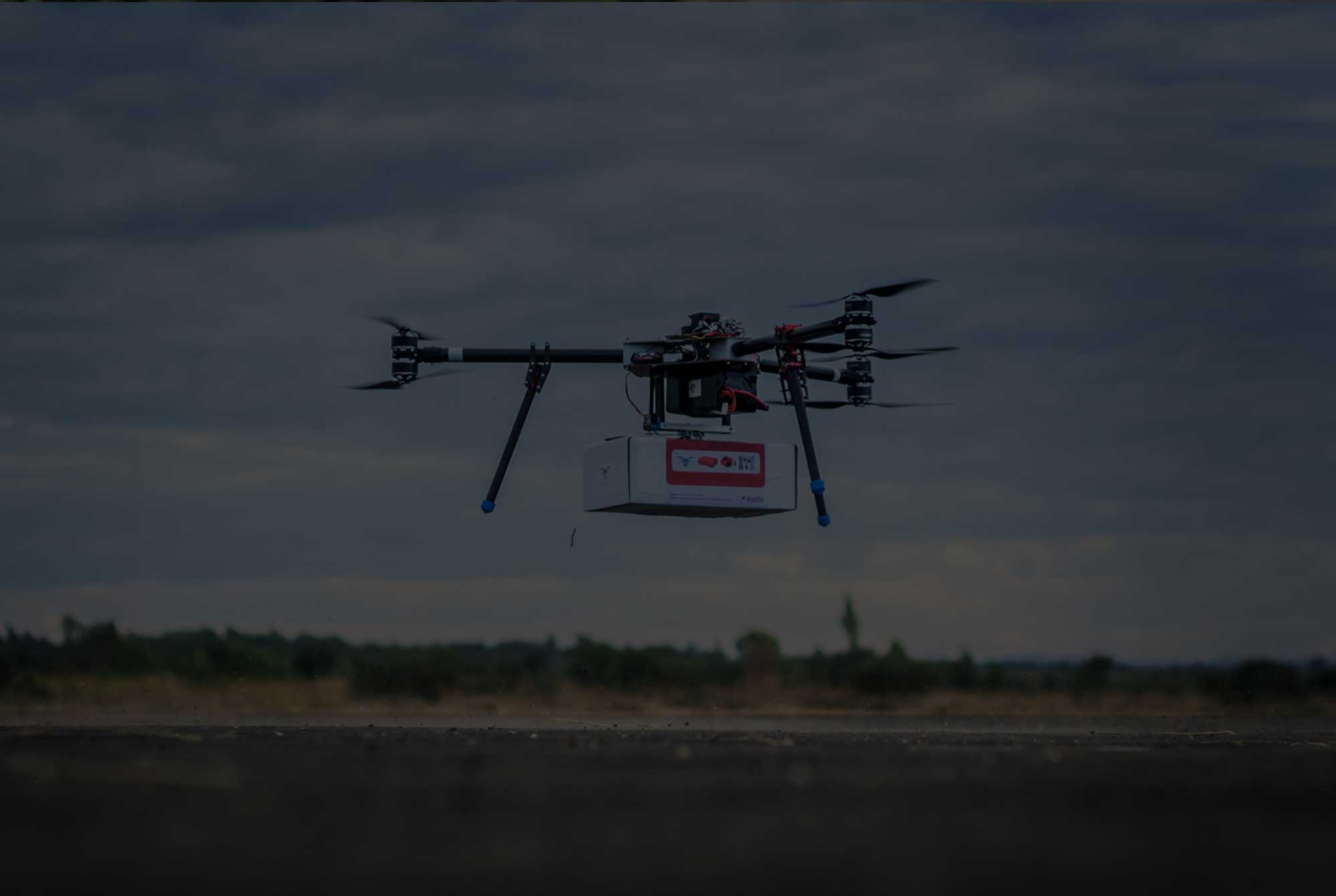
United Nations Secretary-General
Five principles for guidance
Based on consultations across the UN system, I have identified five principles to guide UN engagement with new technologies:Protect and promote global values:
Our work must be anchored in the values and obligations of the UN Charter and the Universal Declaration of Human Rights.
Foster inclusion and transparency:
We must provide a platform for governments, businesses and civil society across generations to make collective choices about new technologies.
Work in partnership:
We must promote the development of partnerships across a range of actors to increase collective knowledge, test ideas, and expand dialogue.
Build on existing capabilities and mandates:
Our engagement with new technologies is necessary for preserving the values of the UN Charter and the implementation of existing UN mandates—it is not a new mandate.
Be humble and continue to learn:
For many industries, civil society groups and government bodies, the UN is not an obvious partner on these issues—so we need to engage and learn from each other.
Four Strategic Commitments
Building on the numerous efforts and initiatives undertaken by many parts of the UN, especially those taken at the country level, the strategy identifies four strategic commitments on my part and on the part of other UN system leaders. These combine elements of external engagement and support with internal measures intended to upgrade our knowledge of and engagement with new technologies and foster a system of learning, innovation and entrepreneurship.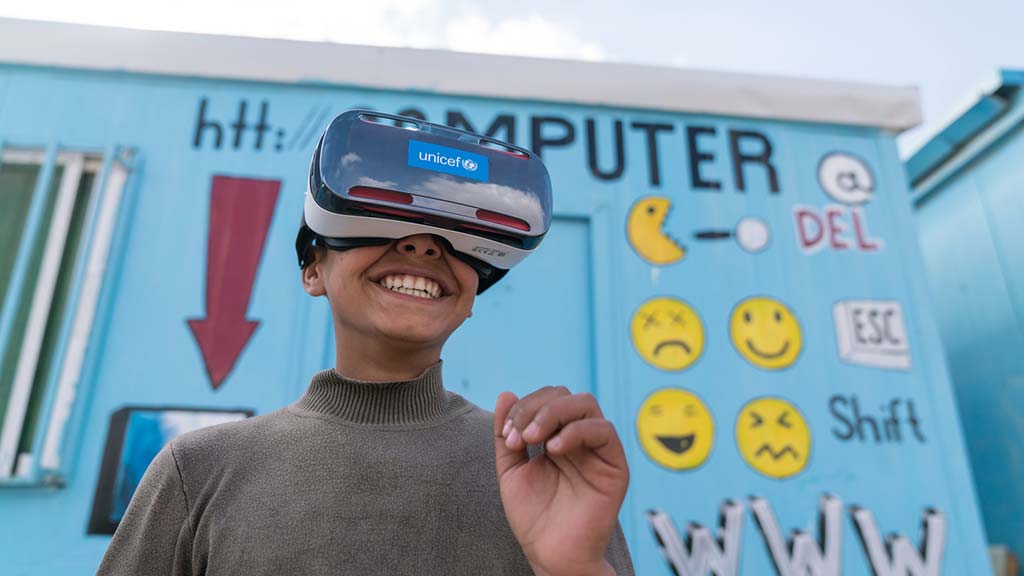
Deepening the UN’s internal capacities
and exposure to new technologies
I will strengthen UN capacity to engage with new technologies: by training staff, increasing our knowledge and staying current with major technological advancements so that UN staff can better engage with key stakeholders on both the benefits and the risks associated with these developments, as they relate to our mandates.
Increasing understanding,
advocacy and dialogue
I will increase my outreach and engagement: by speaking with diverse partners, calling attention to the benefits and risks of new technologies; As a first step, I will explore the appointment of a Technology Envoy to advise me on emerging technology issues and support existing initiatives on my behalf.
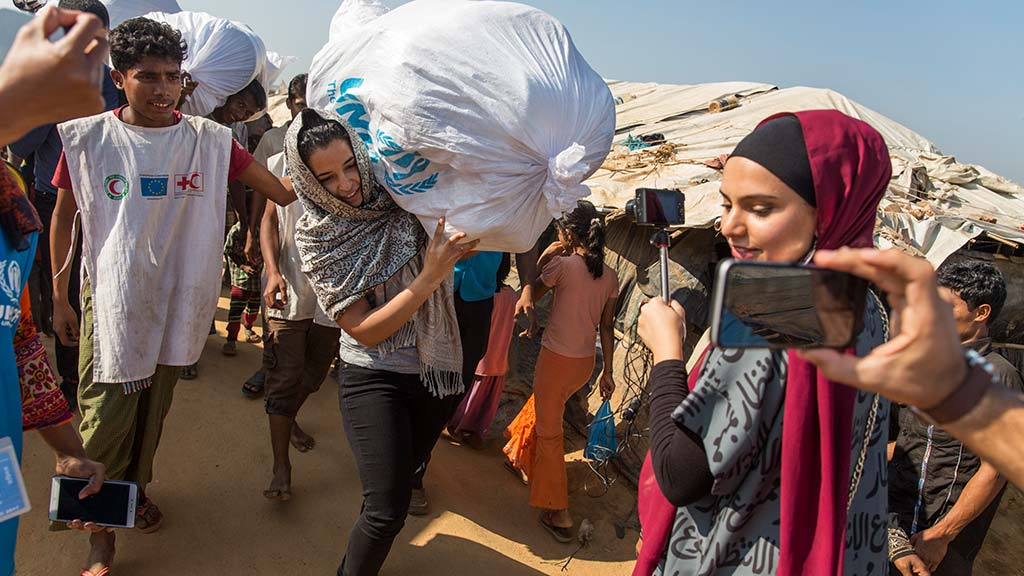
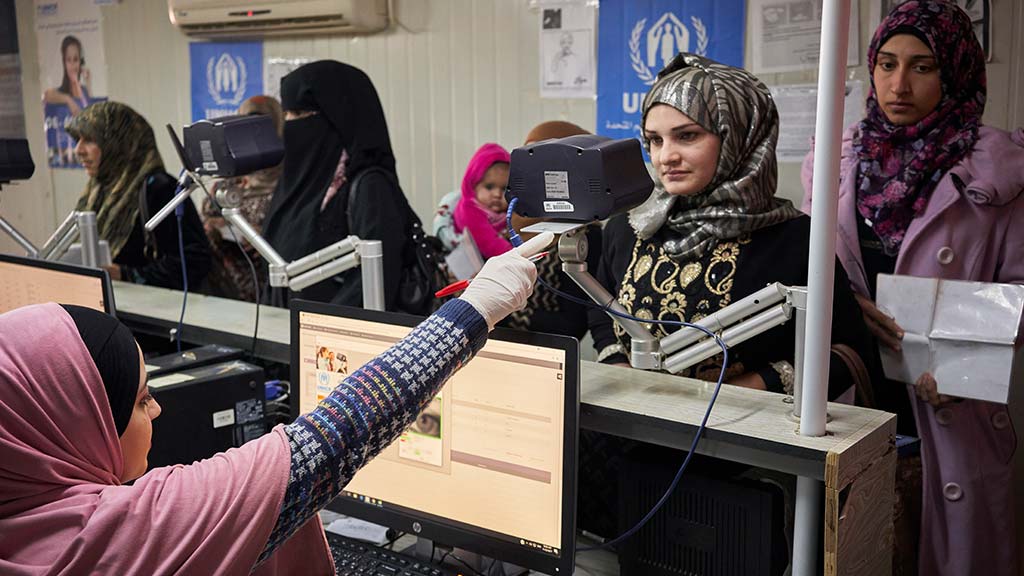
Supporting dialogue on normative
and cooperation frameworks
We will further promote dialogue on normative and cooperation frameworks: by supporting implementation of existing agreements and recommendations and strengthening established multi-stakeholder mechanisms. As a first step I will establish a High-Level Panel of leaders from the public, private, and civic sectors to advise me on new models of cooperation.
Enhancing UN system support to
government capacity development
We will increase support to Member States: by strengthening national and regional capacities, by ensuring meaningful access to knowledge and policy discussions, and by connecting governments to ideas, partners and solutions.
